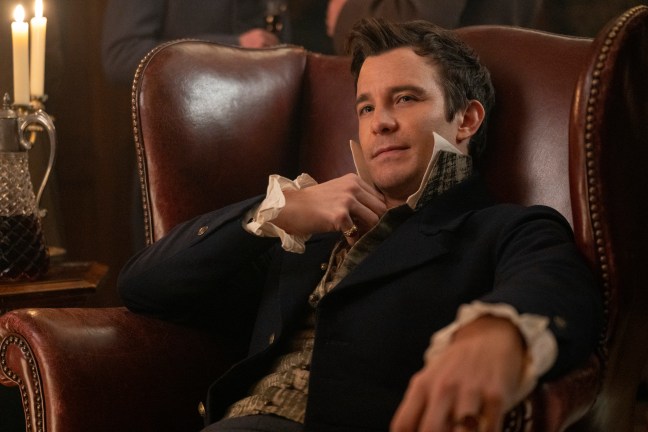I grew up in Oxford, but only encountered the Old Fire Station in its current form two years ago, when I saw their first ever Christmas show Thirty Christmases. The play was fantastic, but I was struck most by the building and the organisation.
Founded in 2011, the Old Fire Station has a unique premise: the local council had an empty building, and there was demand for both a new local arts centre, and a much-needed facility for a homeless charity in a city with spiralling inequality. Instead of dividing the building up, they decided to literally share it – the offices, the spaces, some of the staff – in the hope that each could inform the other, that it could become a bridge between different sectors, ideas and people.
I loved that, and finding out more took me on a journey to this Christmas, just two years later, with my new play Snowflake. As a place to launch a brand new piece of work, I couldn’t be prouder, and the process of making the show has made me reflect on the role we want – and need – the arts to play in our society.
Most have predominantly well-off, middle-class, white audiences,
Despite their best intentions to reflect the world around them, a lot of theatres can end up quite insular and isolated from the communities on their doorstep. Most have predominantly well-off, middle-class, white audiences, and many of the buildings are pretty formidable and exclusive places. Instead, the Old Fire Station offers a model where the reality of society happens in and around the creation of artistic work, whether in the theatre, gallery – or beyond.
Having a shared building ensures that those two worlds constantly collide in brilliant ways – from creating jobs and opportunities to offering people free tickets, arts workshops, training and professional creative opportunities. Alongside the familiar essential services that Crisis provides, people who are homeless, socially isolated and disadvantaged have a space to define themselves and choose their own labels: as artists, audiences, ushers, musicians, stage hands, writers, box office and bar staff, critics and fans.
For me as a writer – whether it’s a new play, film script or TV series – the process and location of the work always has a profound impact on what I create. The only brief I was given for Snowflake was that the play should have some hope in it – it’s Christmas after all. But alongside being a creative spur, the requirement for hope also reflected the truth of what I saw in the building. That life could be devastatingly hard in many different ways, but hope could always be found in a connection with other human beings.









